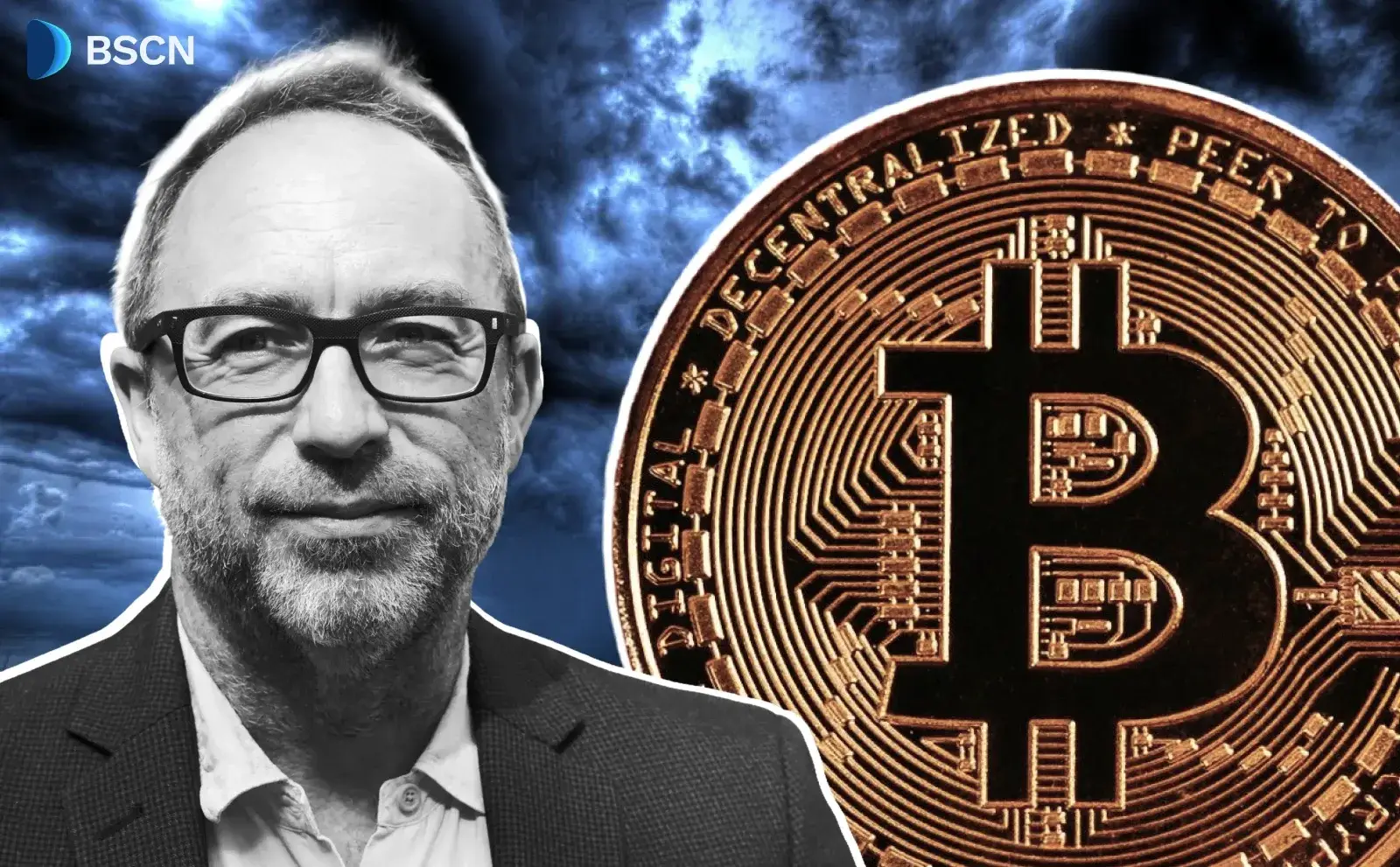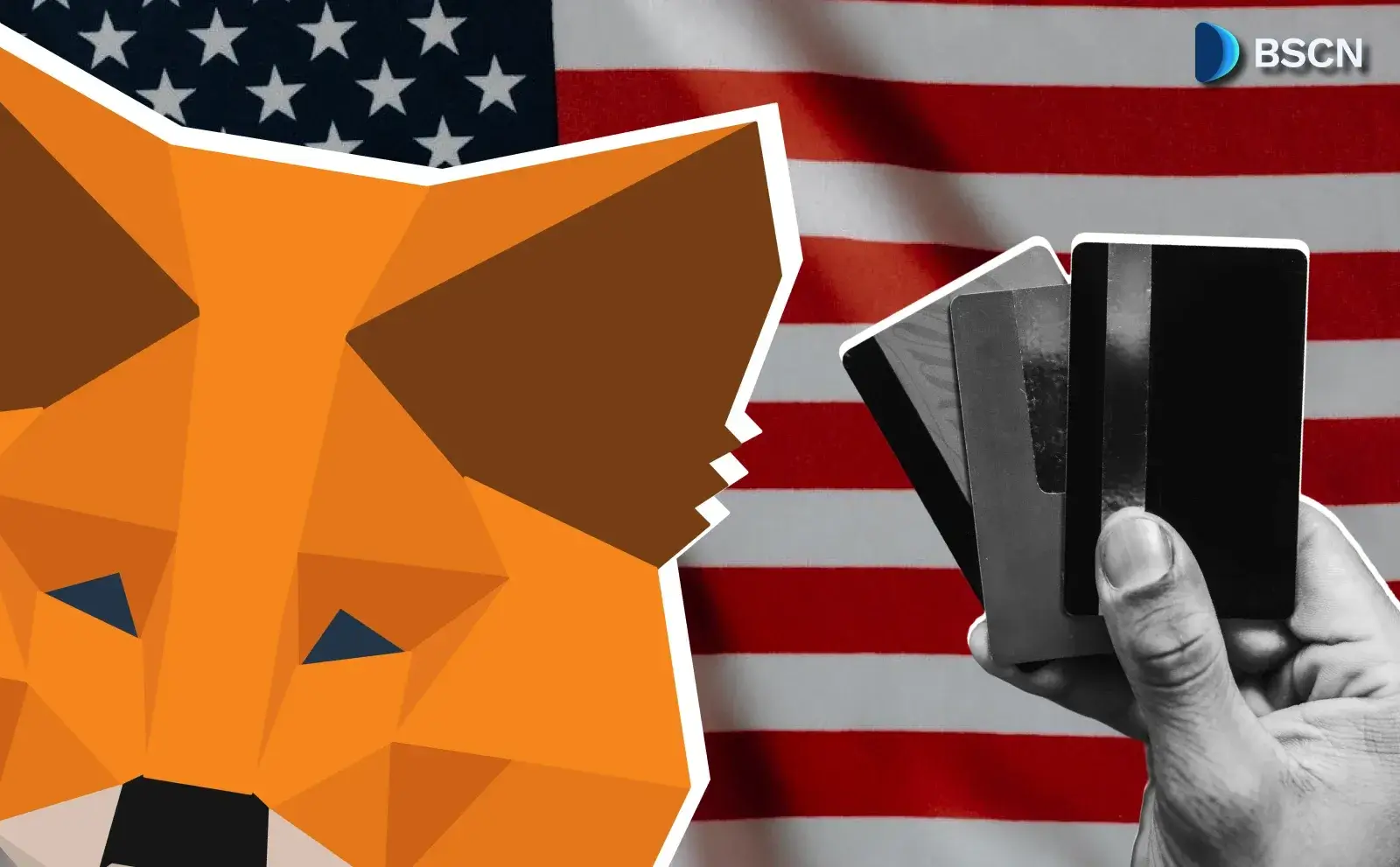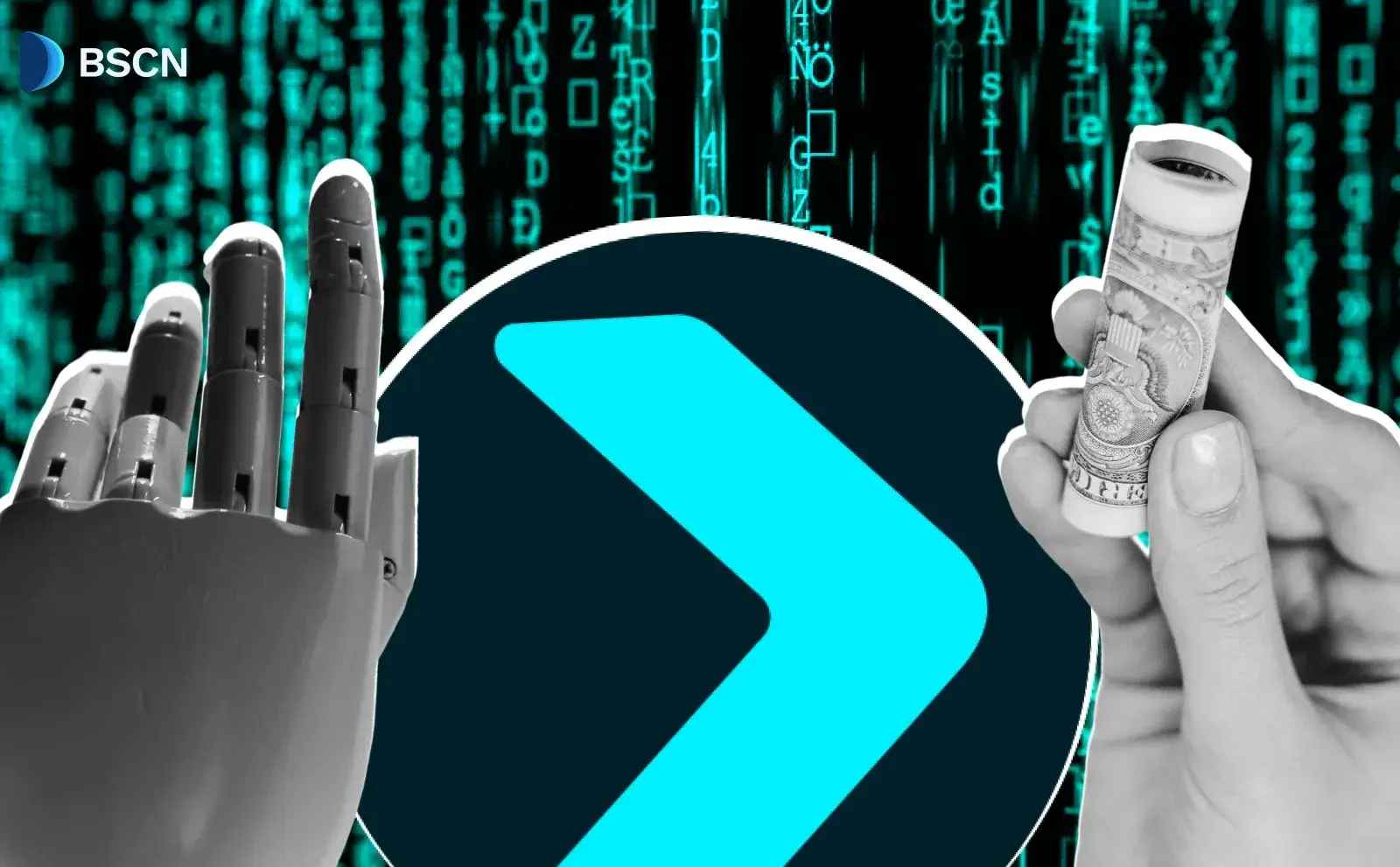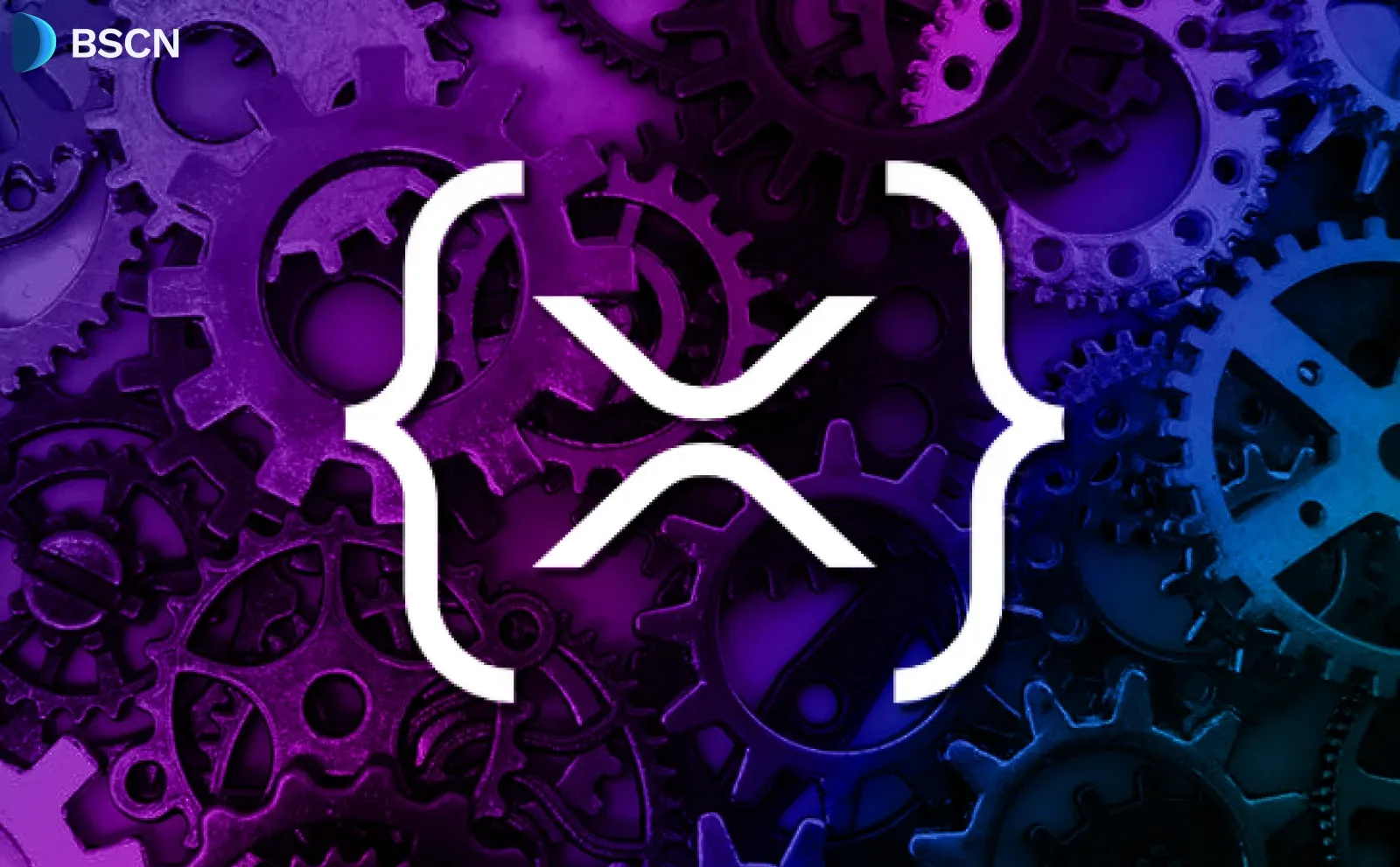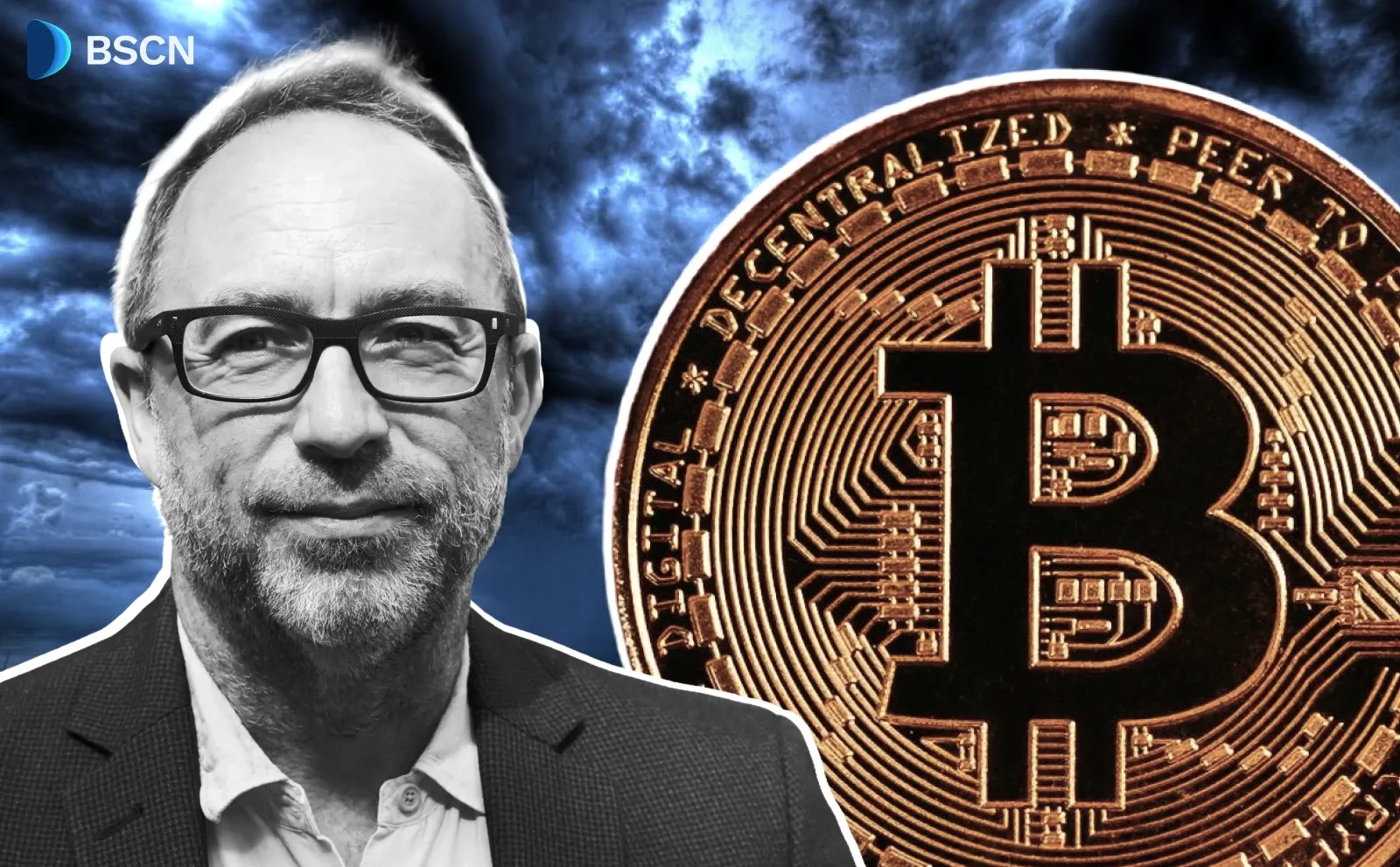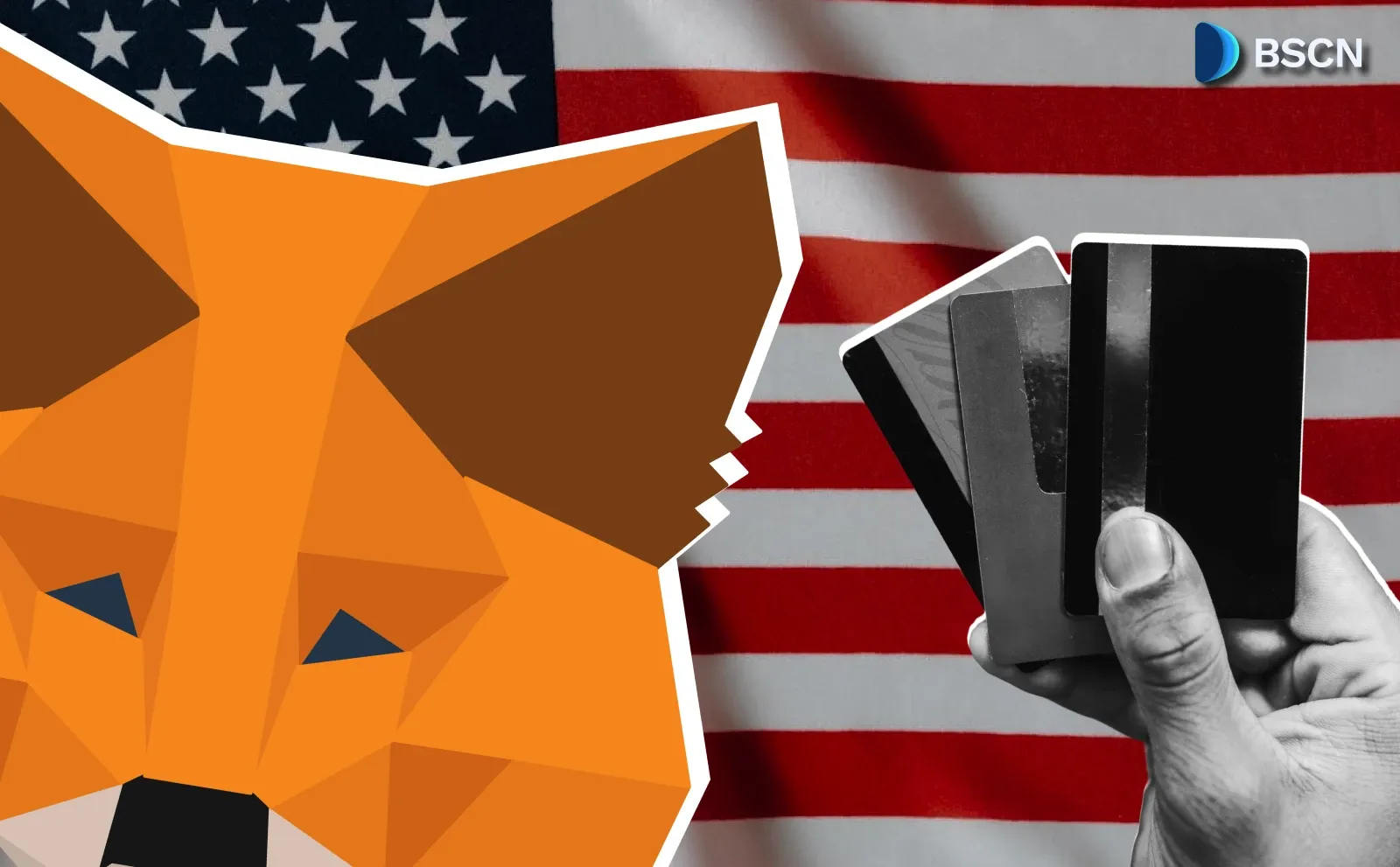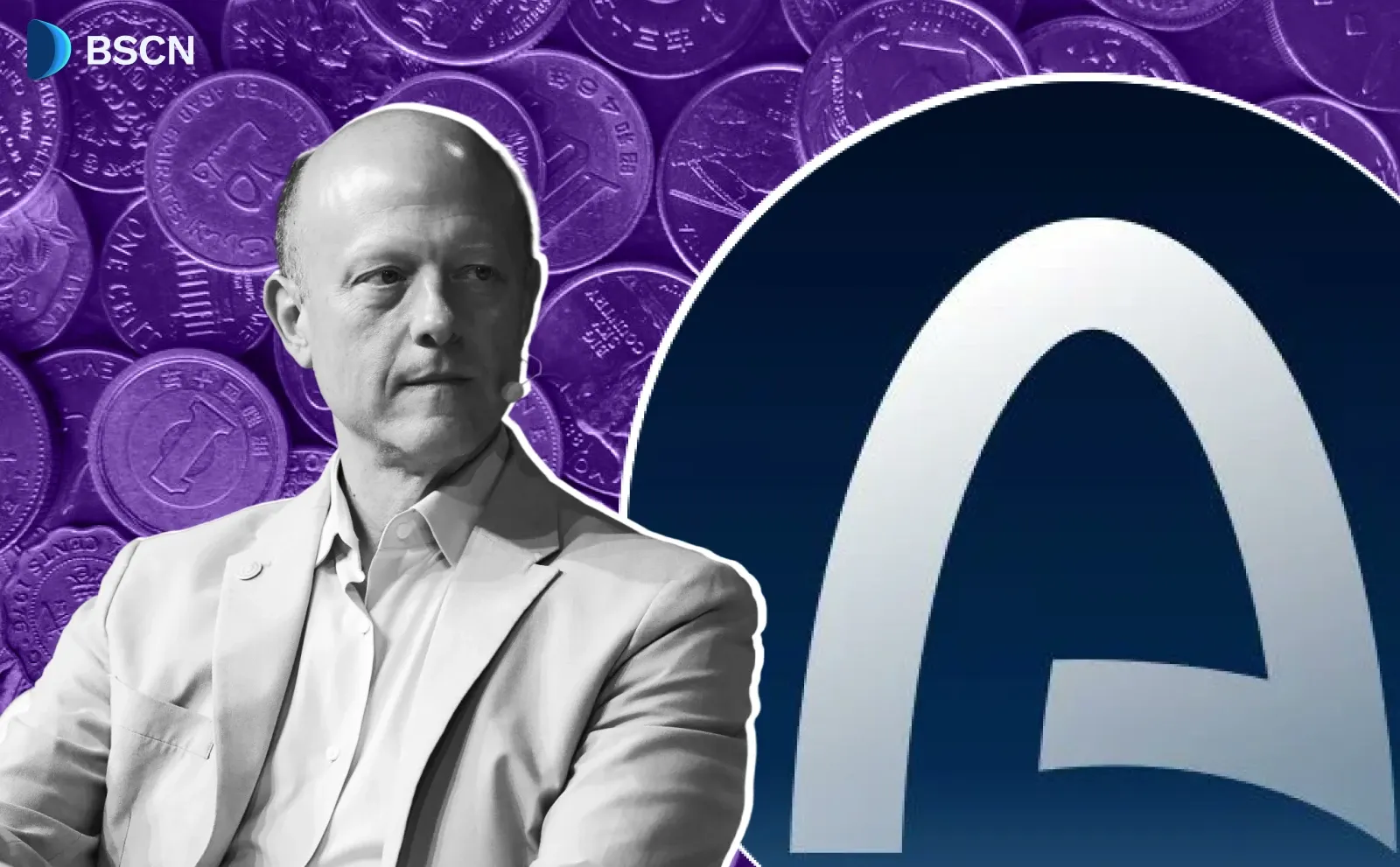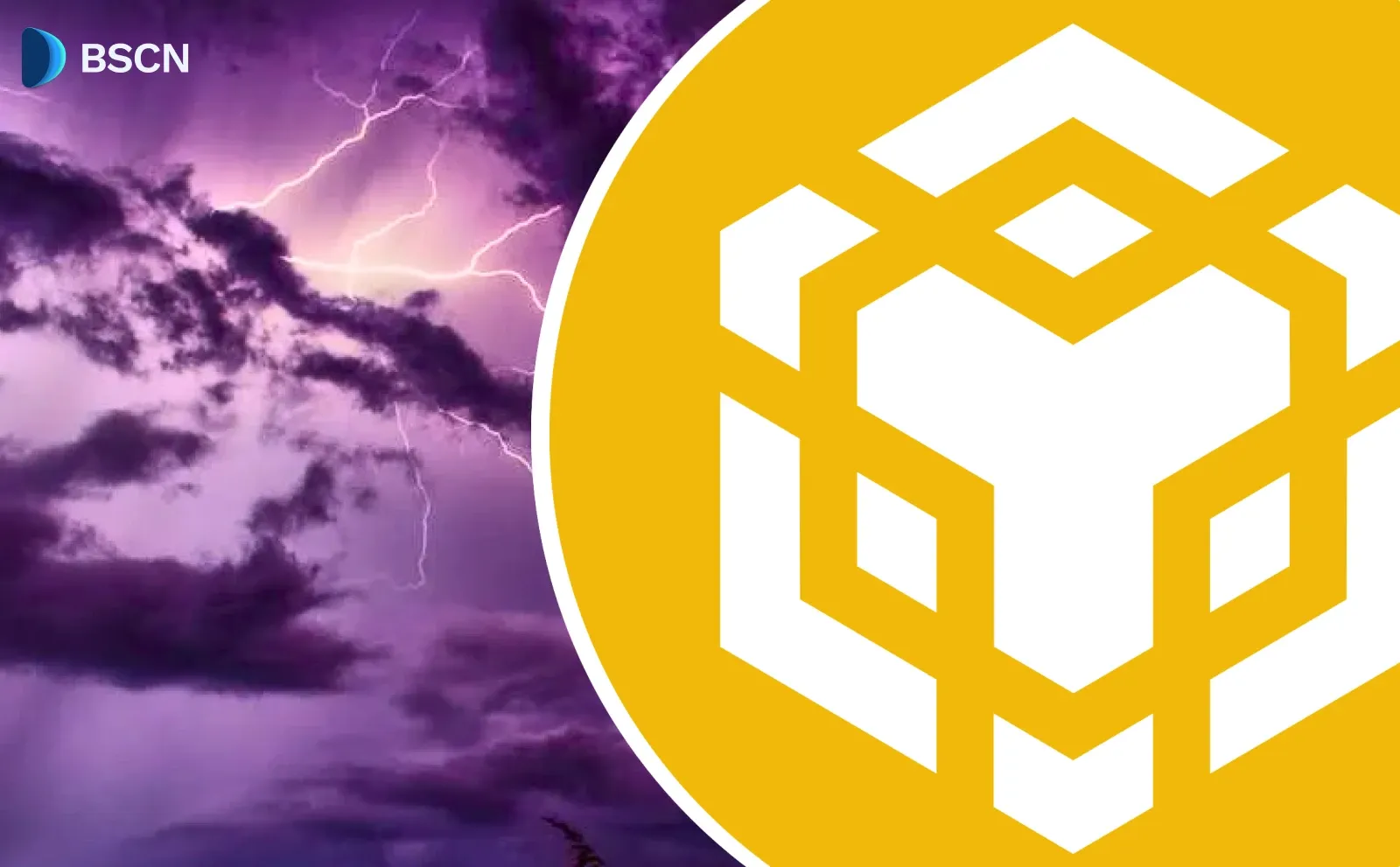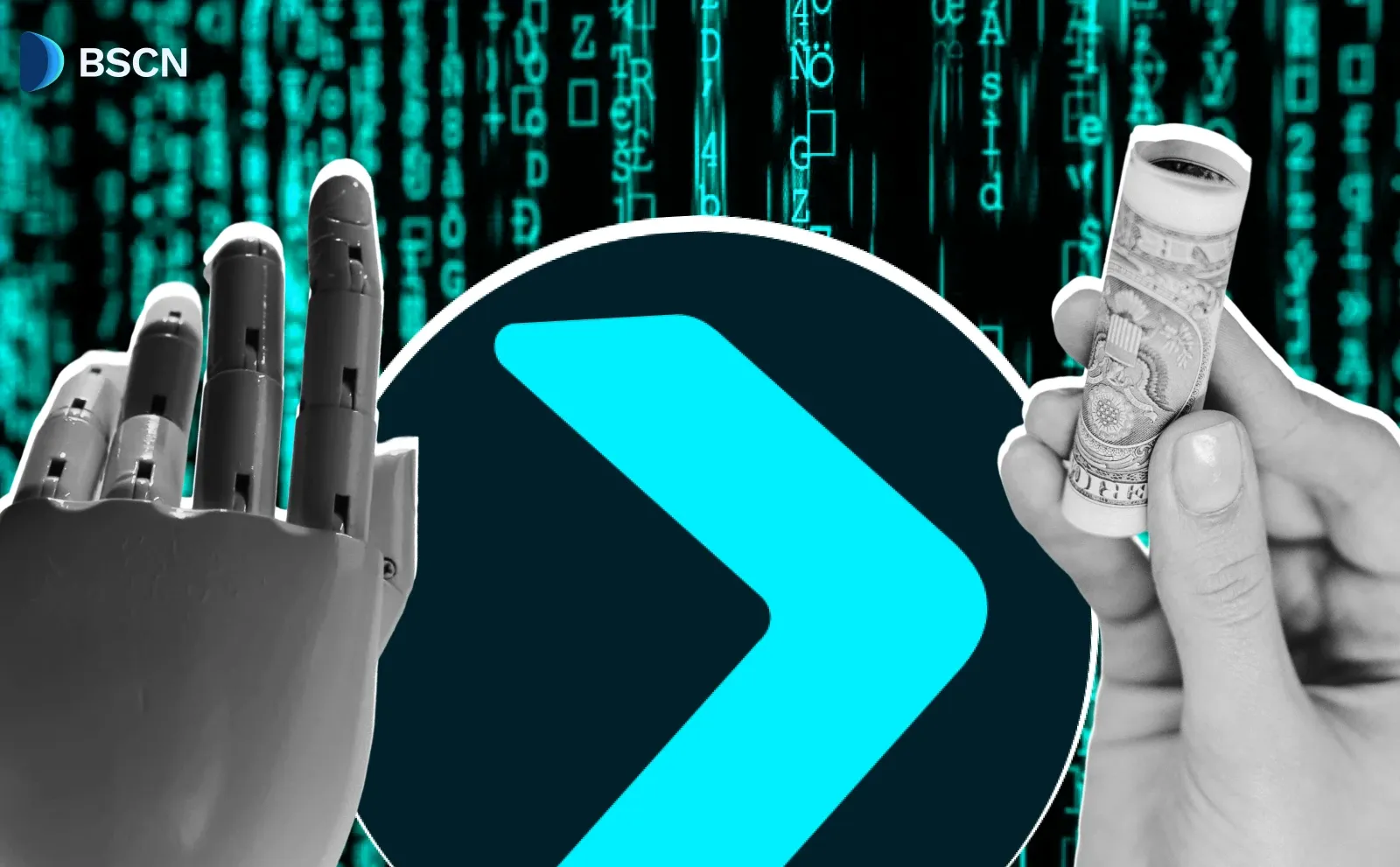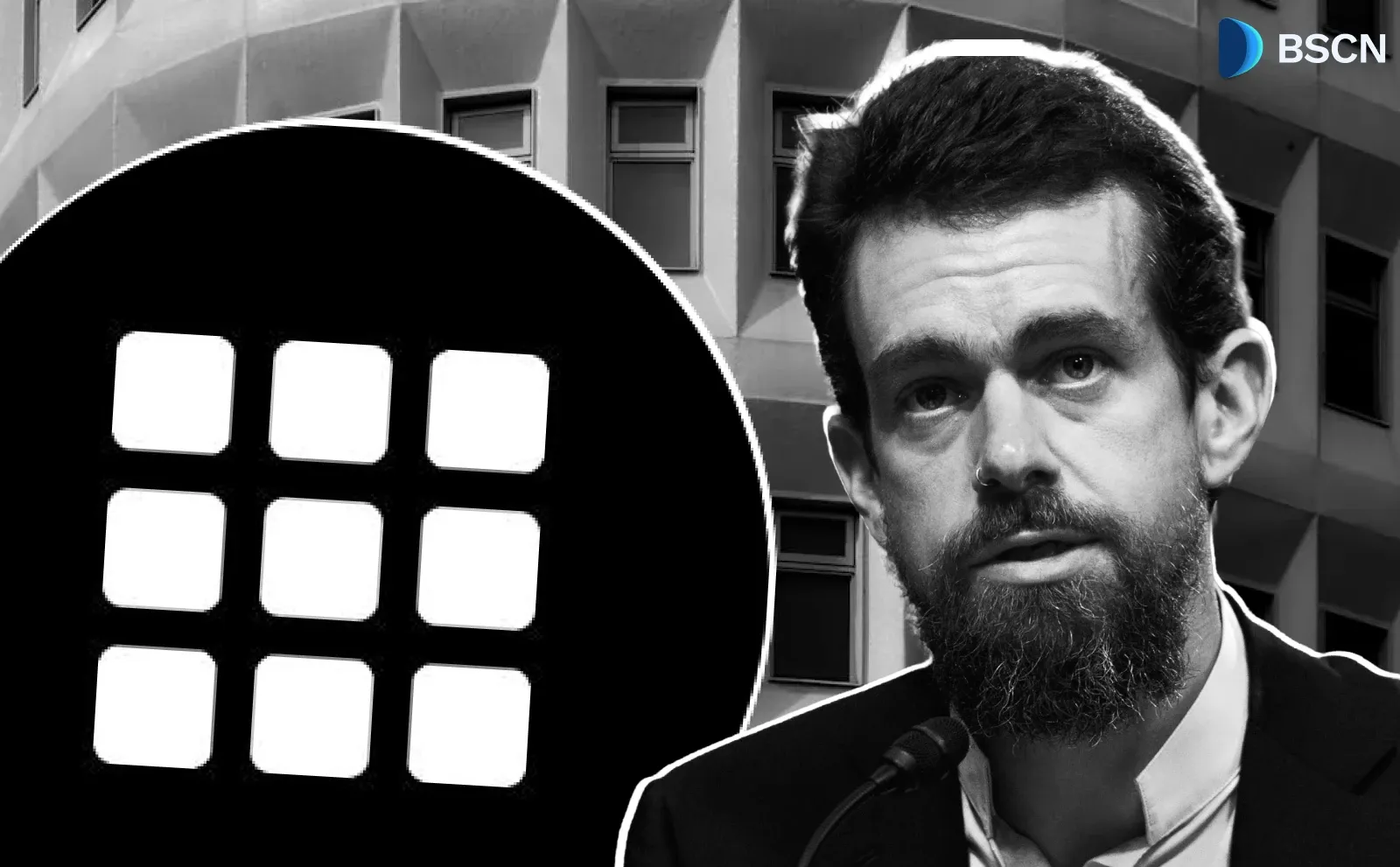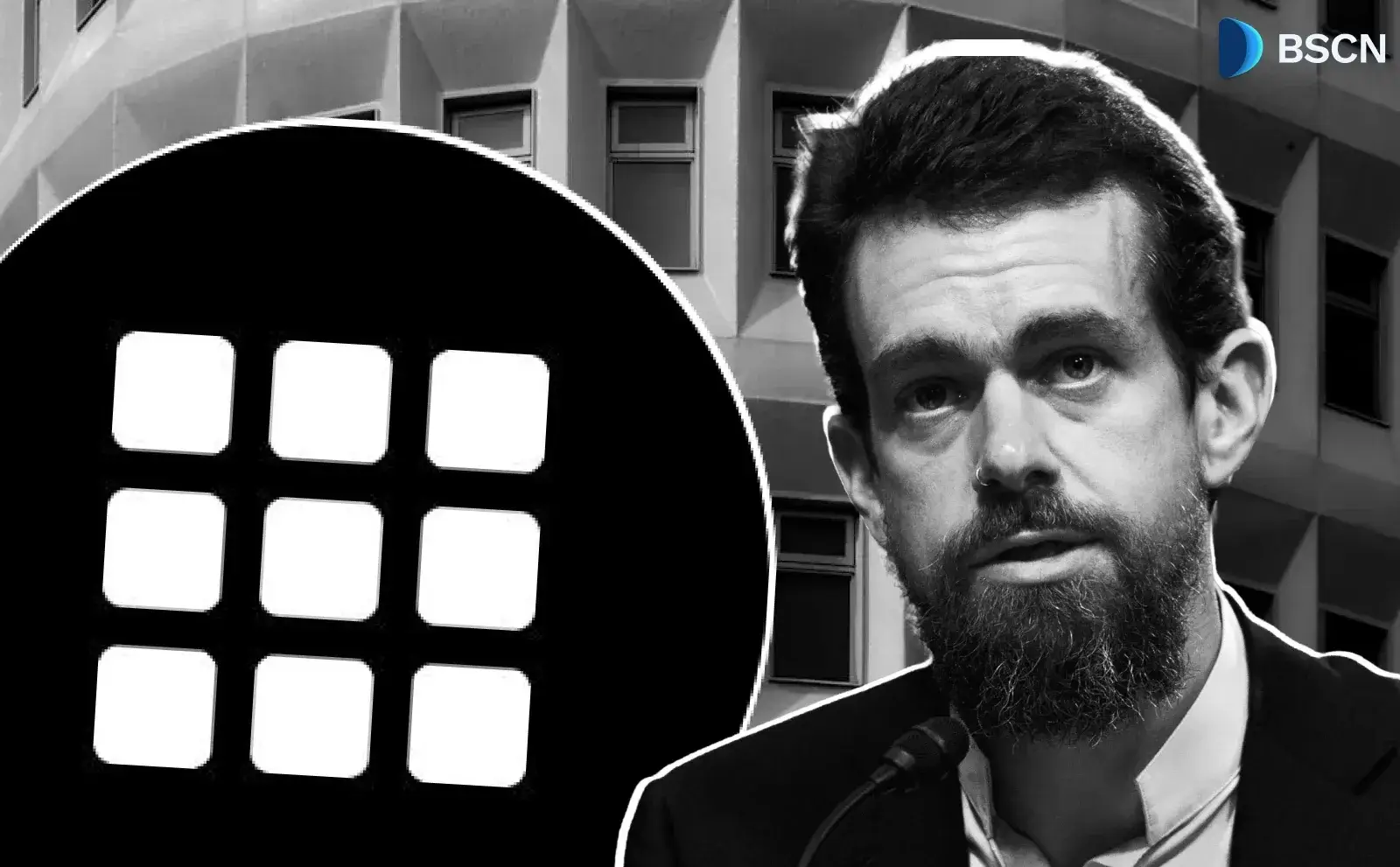Injective Secures Deutsche Telekom as Validator: Why it Matters

Deutsche Telekom MMS, the company’s Web3-focused subsidiary, will contribute to Injective by staking INJ tokens, validating transactions, and ensuring network stability.
Soumen Datta
February 28, 2025
Table of Contents
Deutsche Telekom, a global telecommunications leader valued at over $180 billion, is expanding its Web3 footprint by becoming a validator on Injective, a Layer 1 blockchain focused on decentralized finance (DeFi) and real-world asset (RWA) tokenization.
This move reinforces Injective’s institutional credibility while aligning Deutsche Telekom with a growing ecosystem of blockchain networks. The company has previously operated validator nodes for NEAR, Chainlink, Aleph, Polygon, and Polkadot, among others.
Why Deutsche Telekom’s Entry Matters
As one of the world's largest telecom providers, Deutsche Telekom brings unparalleled infrastructure and expertise to Injective. With operations in over 50 countries and 252 million mobile customers, the company offers enterprise-grade security, reliability, and scale to blockchain validation.
The integration of traditional telecom infrastructure with blockchain strengthens Injective’s position as an institutional-grade network, making it more attractive for enterprises exploring decentralized finance.
How Deutsche Telekom Supports Injective
By running a validator node, Deutsche Telekom MMS (a subsidiary of Deutsche Telekom) will play a key role in:
- Securing the Injective network by validating transactions and ensuring consensus.
- Enhancing network uptime and reliability with its enterprise-grade infrastructure.
- Enabling cross-chain interoperability for seamless asset transfers.
- Participating in governance to influence protocol decisions.
According to Oliver Nyderle, Head of Web3 Infrastructure at Deutsche Telekom MMS, the company aims to enhance Injective’s security and decentralization by providing enterprise-grade validation services.
“We are excited to collaborate with Injective to foster true decentralization. With our infrastructure, we aim to enhance the security of the network for its users,” said Nyderle.
This isn’t Deutsche Telekom’s first venture into blockchain validation. The company has been actively participating in Web3 since 2020, running nodes for multiple protocols and making strategic investments in native tokens of supported blockchains.
Deutsche Telekom’s Expanding Crypto Presence
Beyond Injective, Deutsche Telekom has been actively involved in blockchain validation across multiple networks, including:
- Polygon (MATIC) – Became a validator in June 2023.
- Celo (CELO) – Joined as a validator in June 2021.
- Chainlink (LINK), Polkadot (DOT), and Flow (FLOW) – Long-term validator roles.
- Bitcoin (BTC) Infrastructure – Running a Bitcoin node since 2023 and mining Bitcoin using renewable energy.
As a validator, Deutsche Telekom MMS will earn staking rewards and transaction fees, with APY exceeding 10%, depending on network conditions.
The company joins a growing pool of 60 validators, including Kraken and Binance Staking, making Injective one of the most well-secured blockchain networks.
Deutsche Telekom isn’t alone in its blockchain validation efforts. Other major companies, such as Google Cloud, have also stepped into the role of network validators.
In November 2023, Google Cloud became a central validator for Cronos (CRO), joining a pool of 32 validators on the Ethereum Virtual Machine (EVM) protocol.
Injective’s Rapid Growth and Institutional Appeal
Injective started as a Cosmos-based decentralized exchange (DEX) using a cross-chain order book instead of the typical automated market maker (AMM) model like Uniswap.
With backing from Binance, Jump Crypto, Pantera Capital, and Mark Cuban, Injective has rapidly evolved into a high-performance Layer 1 blockchain tailored for DeFi and real-world asset tokenization.
The network has also made significant moves in decentralized artificial intelligence (AI), launching an AI agent development kit and partnering with io.net and Aethir to bring tokenized GPU resources on-chain.
Injective operates on a Tendermint-based Proof-of-Stake (PoS) consensus mechanism, requiring validators to stake INJ tokens to propose blocks, validate transactions, and vote on governance proposals.
Key features of Injective’s infrastructure include:
- High-speed, low-latency transactions ideal for DeFi applications.
- Interoperability with Ethereum, Cosmos, and Polkadot through cross-chain bridges.
- Institutional-friendly architecture for real-world asset tokenization.
Deutsche Telekom’s entry comes right after Injective’s Nivara Chain Upgrade, which introduced advanced real-world asset (RWA) infrastructure to attract traditional finance (TradFi) institutions.
Key updates include:
- A Next-Generation RWA Oracle for accurate real-world asset pricing.
- A Modernized RWA Module with better security and flexibility for asset tokenization.
Read Next...
Disclaimer
Disclaimer: The views expressed in this article do not necessarily represent the views of BSCN. The information provided in this article is for educational and entertainment purposes only and should not be construed as investment advice, or advice of any kind. BSCN assumes no responsibility for any investment decisions made based on the information provided in this article. If you believe that the article should be amended, please reach out to the BSCN team by emailing [email protected].
Author
 Soumen Datta
Soumen DattaSoumen has been a crypto researcher since 2020 and holds a master’s in Physics. His writing and research has been published by publications such as CryptoSlate and DailyCoin, as well as BSCN. His areas of focus include Bitcoin, DeFi, and high-potential altcoins like Ethereum, Solana, XRP, and Chainlink. He combines analytical depth with journalistic clarity to deliver insights for both newcomers and seasoned crypto readers.
Crypto Project & Token Reviews
Project & Token Reviews
Comprehensive reviews of crypto's most interesting projects and assets
Learn about the hottest projects & tokens
Latest Crypto News
Get up to date with the latest crypto news stories and events




